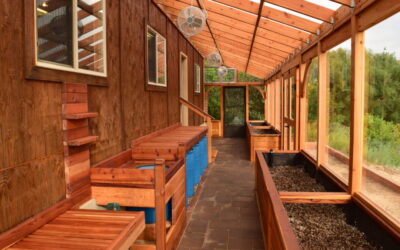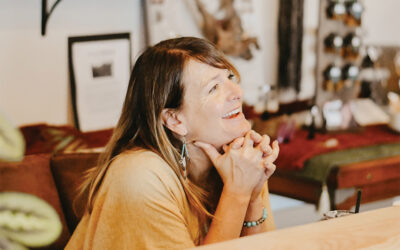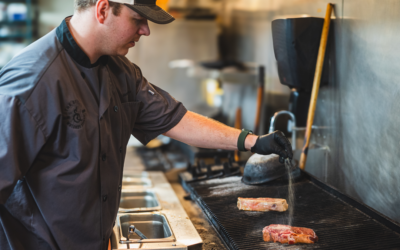Beth Prieto, like most full-time parents by the Fourth of July, needed a getaway.
She missed the trips her husband and their two boys, ages 9 and 7, took to the mountains or visiting family in Chicago and Texas. Those trips were out of the question during the summer of 2020. She also had health conditions that made the pandemic even scarier. So, she thought back to her childhood.
She grew up boating in Chicago, a common pastime in many Midwestern cities with giant lakes. Once or twice a year, they rented a boat at Horsetooth Reservoir just outside Fort Collins as a callback to her roots. What if they bought a boat instead of renting?
“That was the only thing that would keep usactive and out,” says Prieto, 45, who lives in unincorporated Boulder.
When they found the perfect boat, the owner told them 10 others had asked to see it. “We overpaid for it,” Prieto says and laughs.
Indeed, the outdoors were an escape hatch for most of us during the COVID-19 pandemic. Visitation numbers at state parks, camping sites and open space areas shattered records and made it feel as if every day was a Saturday (which it kinda was for many of us working from home). And perhaps nothing reflected the outdoors boom like boating and RV sales: Some local dealers are so busy that they may not have a steady inventory until 2023.
Once they bought the boat, they avoided Horsetooth during the Fourth of July weekend after seeing the number of boats on the water over the webcam, but they did go out many times that summer. RVs and boats were opportunities to travel and enjoy the outdoors and stay socially distant the way few other outdoors opportunities presented. Even hiking meant you were brushing up against others.
“But we didn’t need to interact with anyone on our boat,” Prieto says. “We had a ball this summer.”
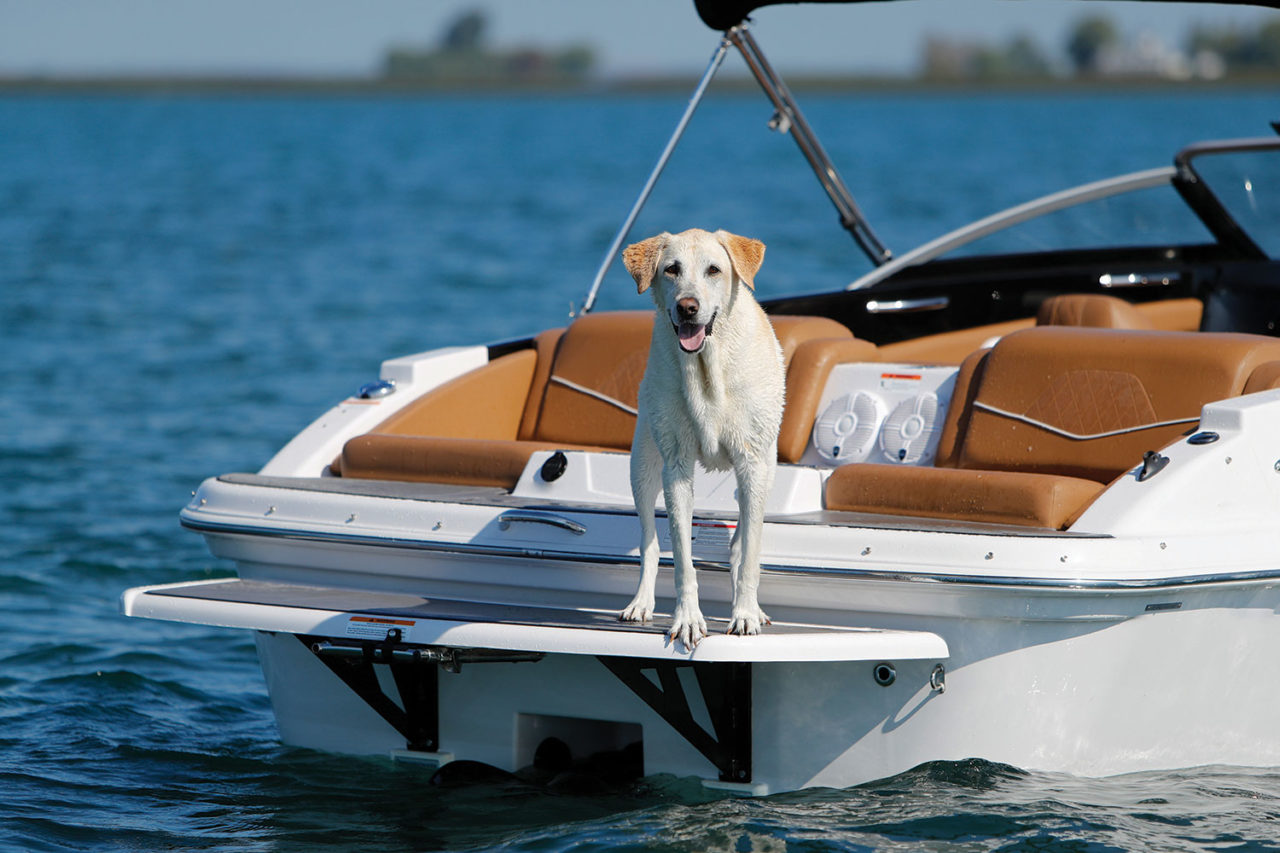 Boomtown
Boomtown
It took Colorado Boat Center, and really the whole boating industry, more than a decade to dig out from the Great Recession that began in 2008. The RV industry wasn’t any different. Boats and RVs are recreational purchases, more so than even a third car, and the crash left many without the money to afford such luxuries.
Eric Smith, general manager and co-owner of the Johnstown dealership, hung his head when the pandemic shut everything down last March, including his showroom. Here we go again, he thought with a sigh, as sales dragged to a crawl.
Jeremy Heberer, owner of The Great Outdoors, had to wonder if he’d just made a bad business decision. He planned to move his dealership out to a 15-acre site off U.S. 34 outside of Greeley, nearly four times the size of his former location off U.S. 85 in Evans. Construction was already underway. He’d upped his social media and revamped his sales and marketing teams in anticipation of the move in July. But sales in the first month of the pandemic and the subsequent economy crash were so slow. It felt like 2008 all over again.
But then both got a surprise after their showrooms reopened in April. “Sales started blowing up,” Smith says. “It was awesome. There was not even a pivot point. It was just hold on to your seats and pray we get this done right.”
Smith, in fact, ran out of boats in July. That had never happened before. Smith wasn’t even sure that was possible. He’s since moved to a reservation system, and even then, he’s been “going gangbusters” for 13 months.
“We have reservations for three truckloads of the ’22 models,” he says, “and customers don’t even know when they will get them.”
Smith’s store is still busy with service calls, and he has parts for sale and alternatives such as pontoon boats, so he stays open. But that’s always steady: Sales are the gravy, and right now, there’s more gravy than on a nephew’s Thanksgiving plate.
Sales went just as well at The Great Outdoors. In April, after the bleak March, the company had its best month ever. That only continued. “It’s been the best year we’ve had so far in the industry,” Heberer says, “and I’ve done this for 15 years.”
The rush, instead, made Heberer look like a fortune teller instead of a fool. He had confidence that his new location would do well, but he thought it would take up to five years to grow as much as it did just from last year’s sales. “We were ready for it,” Heberer says, “but now we think we may need even more room.”
Nationwide, the industries went gangbusters as well (and so did others that got people out, including motorcycles, camping equipment and pet adoption places): In 2020, RV sales were the third best despite a manufacturing shut down for six weeks, something that affected boating as well, says Monica Geraci, spokeswoman for the RV Industry Association. Those numbers go back to 1980.
“We offer freedom and control, and that always was an attraction,” Geraci says, “but for 2020, that was a huge draw.”
By the end of 2020, an estimated 11 million households owned atleast one RV, a 62 percent increase in 20 years, she says.
Powerboat sales were up 12 percent over 2019, according to the National Marine Manufacturers Association, and more than 310,000 powerboats were sold in 2020, numbers that hadn’t been seen since before the Great Recession in 2008. First-time boat buyers increased for the first time in a decade. Personal watercraft (also known at Jet Skis, though that is a brand name), wake boats and fishing and pontoon boats all increased by at least 8 percent.
Island Lake Marine and Sports, with four locations in Colorado and Nevada and plans to expand, started a boat borrow program to meet the demand in addition to running through its inventory. Members pay an annual fee for access to a wide variety of boats. That was something the company wanted to do for a while but was pushed into it by the pandemic.
“Our members just show up to the water and go have a goodtime,” says Robert Deibel, expansion manager for the company.
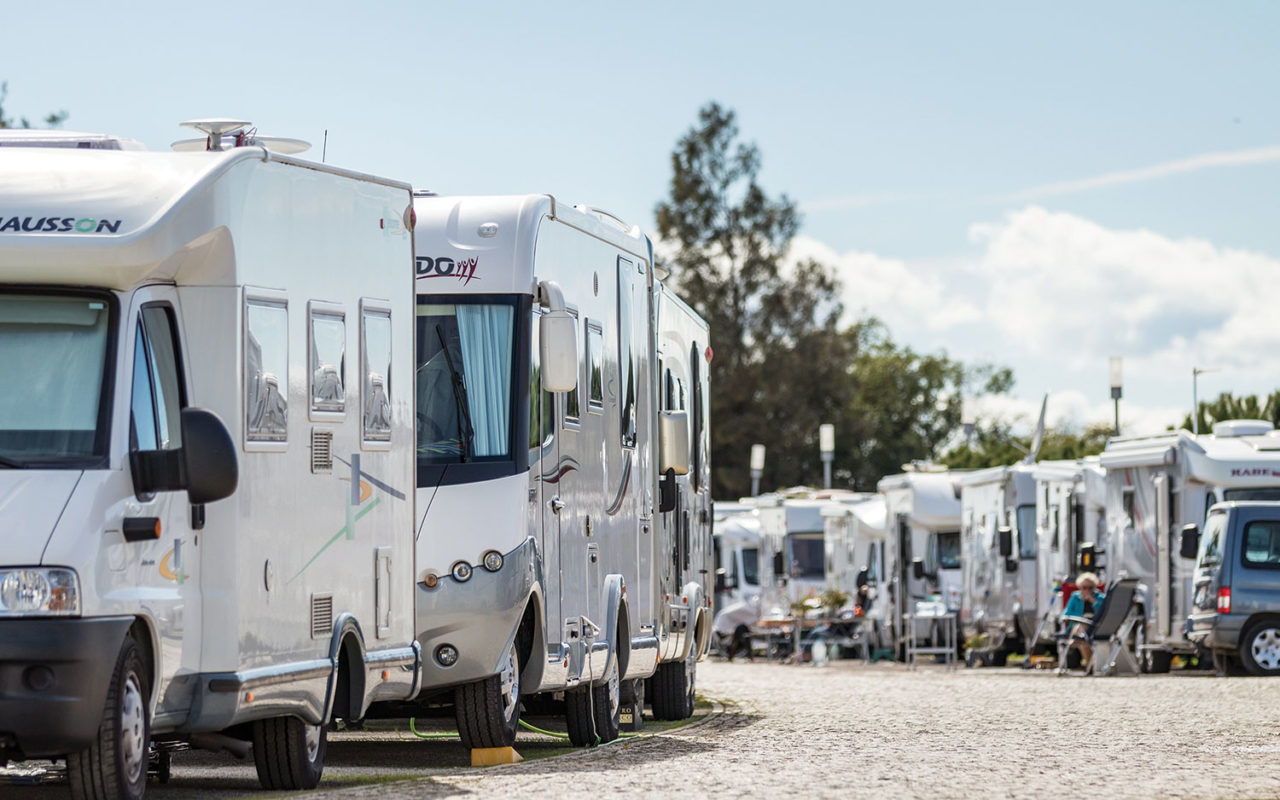 Packed parks
Packed parks
Colorado residents (and probably those from other states) flooded into outdoor places as a way to escape the pandemic. State parks, of course, offer ample opportunities for boating and RV camping (if you could get a reservation, which were generally sold out six months in advance, even on weekdays last summer). At the beginning of the summer, Gov. Polis’ office sent out a message that residents should recreate close to home, and the state park numbers indicate that residents overwhelmingly heeded the message.
Nearly 15 million people visited a statepark in 2019, but that number shot up to 19.5 million in 2020, an outstanding 25 percent at a time when the parks were already always full of people on weekends. Boyd Lake in Loveland increased to 786,000 in 2020 over 2019’s 578,000.
“We hesitate to speculate on stuff, but it was pretty clear it was the pandemic,” says Travis Duncan, a spokesman for Colorado Parks and Wildlife (CPW). “People were anxious to get out and get outside, and our state parks just got hammered last year. They described it as Fourth-of-July-type crowds every day of the week.”
Open space and trails in Larimer County, either run by Fort Collins, Loveland or the county itself, also experienced a huge increase. Larimer County parks and open spaces increased day-use visitation numbers as well as camping by 30 percent.
The fact that Rocky Mountain National Park closed from March to June and U.S. Forest Service lands, such as those up the Poudre Canyon, were closed from August to October because of the Cameron Peak fire, only added to the crowds.
“The camping rates are especially telling,” says Korrie Johnston, spokeswoman for Larimer County Natural Resources, “because camping was closed for 6 to 8 weeks because of COVID-19.”
Boat inspections were up 40 percent in Horsetooth Reservoir and Carter Lake, she says.
The sheer number of people, some of them inexperienced campers or boaters, created some problems, as they left trash out, wore the trails down and had mild conflicts with each other trying to get a little elbow room.
“My staff couldn’t catch a break,” says Tyler Sewald, park manager for Jackson Lake State Park, which saw a 40 percent increase in use over 2019. Jackson’s campgrounds were reduced to dirt after the heavy use wore away vegetation, causing noxious weeds such as puncture vine (ouch) to crop up and mild but nasty sandstorms in high winds. He’s working on putting in tent pads and replacing fire pits and picnic tables, but the pads alone cost $1,000 for two per campsite, and that adds up with 260 campsites.
The extra, expensive maintenance makes Sewald wonder about when it’s too much. The state park did have to limit boating for the first time in 50 years on a couple weekends when it ran out of parking. “The cost starts to outweigh the benefit,” he says.
The flood
As exciting as the RV and boating boom was to dealers, those who already owned RVs and boats weren’t exactly thrilled to be sharing the water with so many newbies. When asked about last year’s crowded waters, some on the Facebook group Colorado Boat Crew says those newbies were drunk or didn’t know how to back a trailer into a dock, extending the lines and wait time to put their boat in. Prieto, one of the new boaters, does admit she had trouble with the trailer but not the drinking.
“If you’re not at the lake by 7 a.m.,” one boater posted, “you’re going to have to wait to get on the water.” They also said camping spots were impossible to find, and a few said the crowds even drove them to give up. One said, “As a Colorado native, it’s disappointing.”
“Lakes and campgrounds are absolutely overrun and crazy,” another posted. “We unfortunately decided to sell our wake boat because it just seemed impossible. Just way too many people. I miss the old Colorado.”
A few, however, took advantage of the situation and sold their old boats for more money than they expected and bought new ones.
Others found places that were more spread out. Gertrude and Gabriel Touchton of Brighton had luck at Jackson Lake because it is so large and remote. The two noticed more crowds, but they still felt as if they had enough room. “Jackson is always booked, but it’s just fun,” says Gertrude, 54 (Gabriel is 49). “We love the outdoors. We’ve already been out there this year.”
They’ve gone to Jackson for nearly 20 years. The two are foster parents who always have a good flock of kids behind them, and they use the outdoors to give their large family time to spread out. The two were affected by the pandemic another way, even if they didn’t think the boating crowds were problematic: They tried to trade in an RV for an upgrade and found dealers were sold out of them. Booking an RV camping site was difficult as well. “We had to go all the way to Phoenix to get our new RV,” Gertrude says and laughed.
The conflicts that arose from the crowds were inevitable but relatively minor, especially when CPW volunteers and trail ambassadors helped smooth rivalries out before they sparked up.
“They’re there to let everyone know about right-of-way rules and that sort of thing,” Duncan says. “We all are trying to just chill out. That’s why we are there. We just need to keep spreading those messages to be kind to one another.”
Keep it comin’
On the weekend of April Fool’s Day this year, Jackson Lake was packed. That was a clear signal that, vaccines or not, the pandemic crush may continue on the water and in our campgrounds. The boating and RV industries are ready.
“I don’t see it shaking out for two years, and maybe even three,” Smith of the Colorado Boat Center says. “My friends tell me, ‘God, you look so tired and stressed. Is everything good?’ Well, there’s good stress and bad stress. It’s been so fun.”
The boating industry has some catching up to do, anyway, as manufacturers fill the backlog of orders from 2020. The RV industry is expecting 2021 to be the largest year yet. More than 40 percent of all workers surveyed were considering working from an RV next year, Geraci says, and remote working should continue in some fashion. Plus, the RV industry isn’t just full of retired folks. Nearly 25 percent of all RV owners are under the age of 35, and of those, 85 percent want to buy another one.
“People have rediscovered the outdoors and how good it feels being outside,” Geraci says.
The pandemic is why Lindsey Muller and her wife, Jessica Kibodeaux, of Payton, both 39, bought a beat-up old boat for $500 that was in worse condition than they expected when they picked it up: The foam bottom of the hull was waterlogged like a giant sponge, the engine was a wreck and the dash panel looked like it was from 1930. Quite frankly, Quint’s boat looked better after Jaws was done with it.
However, Kibodeaux used to be a boat mechanic. They figured out the rest through trial and error, Muller says.
They gutted everything, even the seats, floors and windshield. They do a summer project together every year, and this year, they chose the boat because they could enjoy it safely when they were done.
“That was 99.9 percent the reason,” Muller says. “We’ve since taken it out many times and enjoyed it quite a bit. The pandemic in some ways was good for a lot of people. They got to unplug and distance and recenter themselves.”
Heberer of The Great Outdoors expects another great year, even if he doesn’t know if the trend will continue as hard beyond 2022. But there were many who would never consider buying an RV who did. “It’s really anything that gets people outside,” Heberer says. “It’s changed how people want to spend time with their families.”
Matt Duran of Highlands Ranch bought a boat last year to stay closer to home. He was out last year and hopes to be at Horsetooth and other places this year. They had to schedule weekends this year where they didn’t normally boat, rather than weekends they planned to take it out. His girls, 12 and 15, fell in love with being out on the water. They solve the campgrounds issue by staying in hotels instead: A room was actually easier to find.
“Most weekends we will be out there again,” Duran says. “Last year was one of our best summers, actually.”
Dan England is a freelance writer who lives in Greeley. To comment on this article,emailletters@nocostyle.com.


![RV-and-Boat-BOOM[1]](https://nocostyle.com/wp-content/uploads/sites/31/2018/01/RV-and-Boat-BOOM1.jpg)
